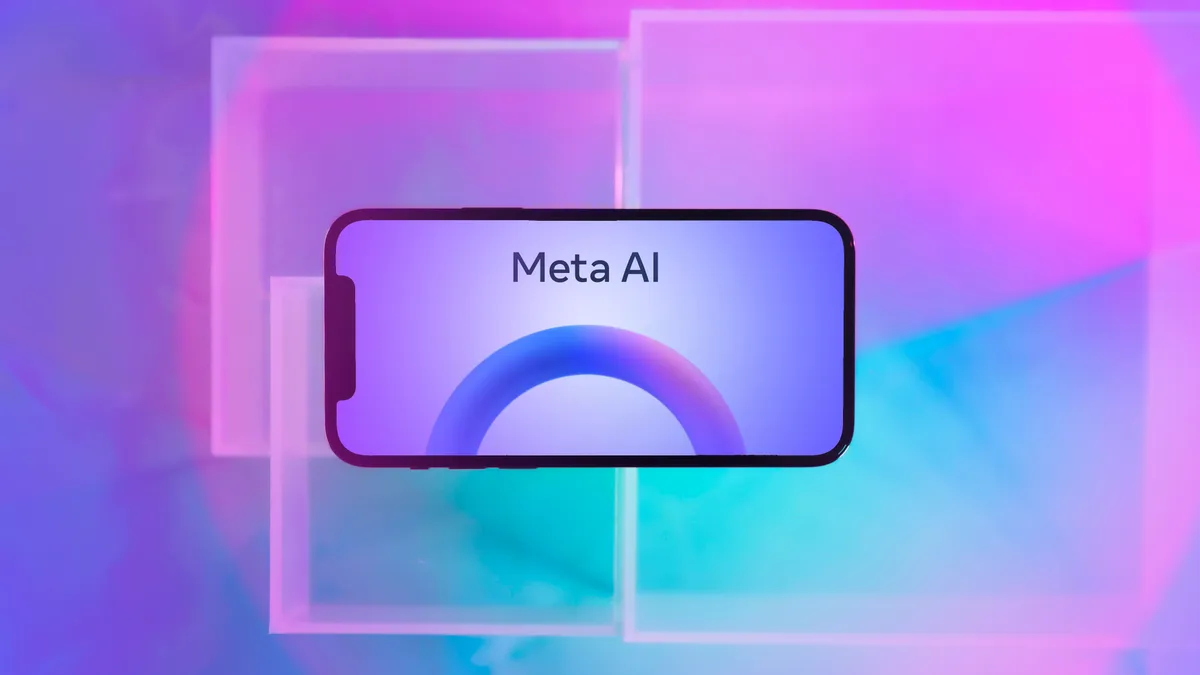
Meta AI, a cutting-edge initiative spearheaded by Meta (formerly Facebook), represents a significant leap forward in the realm of artificial intelligence. This comprehensive guide delves into the intricacies of Meta AI, its technological advancements, applications, and future prospects.
The Genesis of Meta AI
Meta AI emerged from Meta’s commitment to advancing artificial intelligence and machine learning technologies. This initiative is designed to explore AI’s potential to revolutionize various sectors, including social media, communication, and beyond. By leveraging AI, Meta aims to create more immersive and intuitive user experiences across its platforms.
Core Components of Meta AI
1. AI Research and Development
At the heart of Meta AI is a robust research and development framework. Meta’s AI labs are focused on pushing the boundaries of what AI can achieve. This includes advancements in natural language processing (NLP), computer vision, and reinforcement learning. Meta AI’s research is published in leading scientific journals, showcasing its commitment to transparency and academic collaboration.
2. Natural Language Processing (NLP)
Natural Language Processing is a pivotal aspect of Meta AI. This technology enables machines to understand, interpret, and generate human language. Meta AI’s NLP models, such as BERT and RoBERTa, have set new benchmarks in language understanding. These models are used to enhance user interactions on Meta’s platforms, providing more accurate translations, improved content moderation, and personalized user experiences.
3. Computer Vision
Meta AI’s computer vision technology allows machines to interpret and understand visual information from the world. This technology is crucial for applications like augmented reality (AR), virtual reality (VR), and image recognition. Through computer vision, Meta AI enhances features like photo tagging, visual search, and immersive AR experiences.
4. Reinforcement Learning
Reinforcement Learning (RL) is another cornerstone of Meta AI. RL involves training AI models to make sequences of decisions by rewarding desirable behaviors. This approach is utilized in various applications, including game-playing, robotics, and adaptive user interfaces. Meta AI’s advancements in RL contribute to creating more dynamic and responsive AI systems.
Applications of Meta AI
1. Enhanced User Experience on Social Media
Meta AI is instrumental in refining the user experience on Meta’s social media platforms. By using AI to analyze user behavior and preferences, Meta can deliver more relevant content, reduce harmful interactions, and create safer online communities. AI-driven features like intelligent content curation, automated moderation, and personalized recommendations are all powered by Meta AI.
2. Virtual and Augmented Reality
Virtual Reality (VR) and Augmented Reality (AR) are key areas where Meta AI is making significant strides. AI enhances VR and AR experiences by providing real-time object recognition, spatial understanding, and user interaction capabilities. Meta’s Oculus platform leverages these technologies to offer more immersive and interactive experiences in gaming, education, and professional training.
3. Healthcare Innovations
Meta AI’s contributions to healthcare are groundbreaking. AI-driven diagnostics, predictive analytics, and personalized treatment plans are becoming a reality thanks to Meta’s AI technologies. For instance, AI models can analyze medical images to detect anomalies, predict patient outcomes, and suggest optimal treatment pathways, significantly improving healthcare delivery.
4. Advancements in Communication
Meta AI enhances communication by enabling more accurate language translation and speech recognition. These advancements break down language barriers and facilitate seamless global communication. Tools like AI-driven chatbots and virtual assistants also improve customer service and support, making interactions more efficient and effective.
Ethical Considerations and Challenges
1. Data Privacy and Security
With great power comes great responsibility. Meta AI’s extensive use of data necessitates stringent privacy and security measures. Ensuring that user data is protected and used ethically is paramount. Meta is committed to implementing robust data governance frameworks to safeguard user information and maintain trust.
2. Bias and Fairness in AI
AI models are only as good as the data they are trained on. Ensuring that Meta AI’s models are free from bias and represent diverse populations is a significant challenge. Meta is actively working on developing techniques to detect and mitigate bias in AI systems, promoting fairness and inclusivity.
3. Transparency and Accountability
Transparency in AI decision-making processes is crucial for building trust. Meta AI is dedicated to making its AI systems more understandable and accountable to users. This includes explaining how AI models make decisions and providing users with control over their data and interactions with AI systems.
The Future of Meta AI
1. Continued Innovation
The future of Meta AI is bright, with ongoing innovations poised to transform various industries. Meta’s investment in AI research and development will continue to drive breakthroughs in machine learning, NLP, computer vision, and beyond.
2. Expanding Applications
As Meta AI evolves, its applications will expand into new domains. From smart cities to advanced robotics, the potential of Meta AI is boundless. Future developments will likely see AI integrated more deeply into everyday life, enhancing convenience, efficiency, and overall quality of life.
3. Ethical AI Leadership
Meta aims to lead in the ethical deployment of AI technologies. By prioritizing ethical considerations and promoting responsible AI practices, Meta AI seeks to set industry standards and inspire other organizations to follow suit.
Conclusion
Meta AI represents a monumental leap in the field of artificial intelligence, driving innovation across multiple sectors. From enhancing social media experiences to revolutionizing healthcare and communication, the impact of Meta AI is profound and far-reaching. As we look to the future, Meta’s commitment to ethical AI practices and continuous innovation ensures that Meta AI will remain at the forefront of technological advancement.



